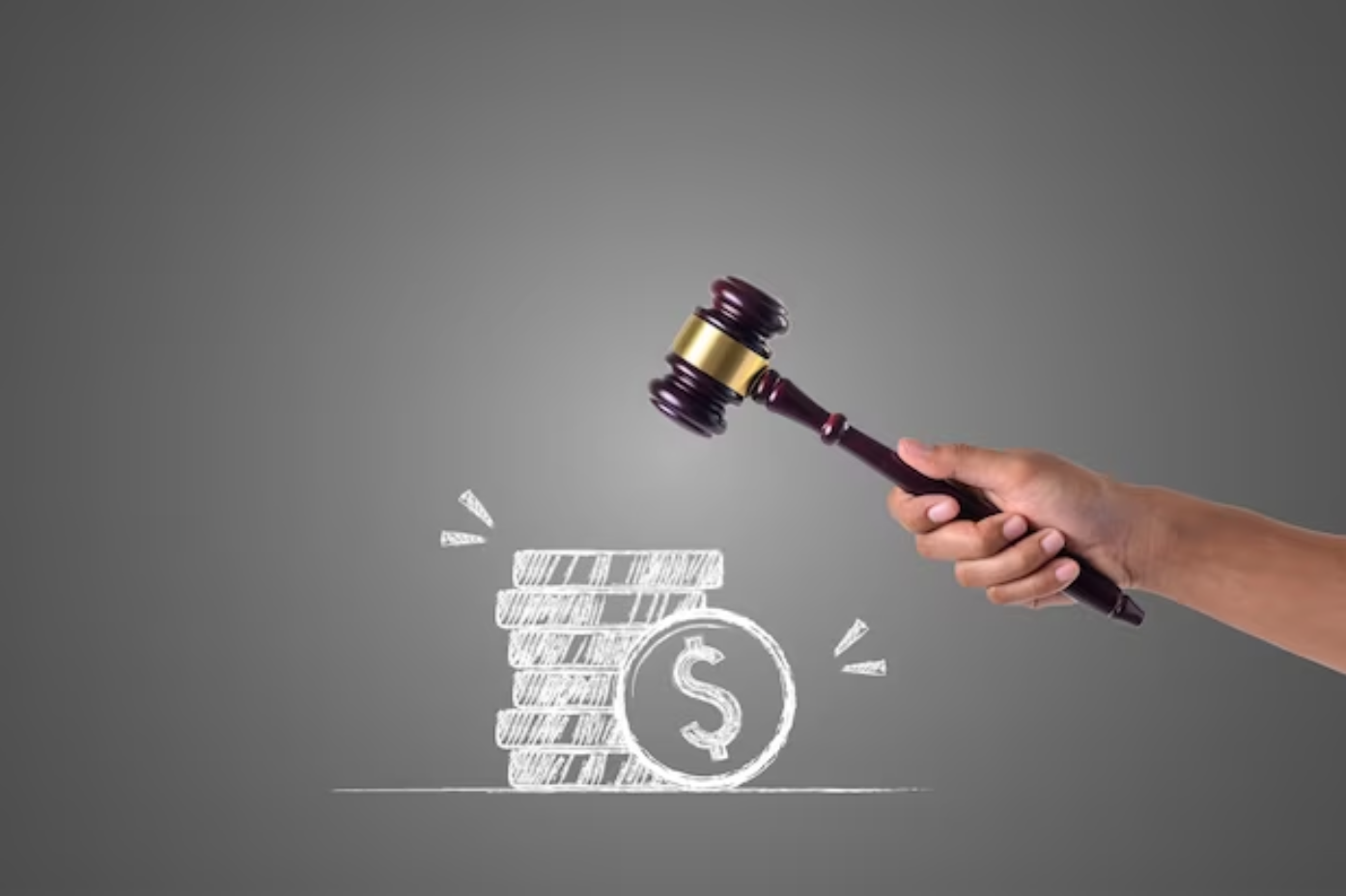When figuring out a settlement amount to demand from the insurer, your attorney will consider factors like fault and liability, the effects of your injuries on your claim, the available insurance coverage, and others.
To effectively handle personal injury settlements, you must understand the basics, the settlement process, and the damages you have incurred. Legal principles guide this journey to compensation to ensure you get the financial support you need while you recover from your injury.
Personal injury claims in Dubuque, Iowa occur if a person sustains an injury because of the negligence of another party. They can stem from different incidents like motor vehicle accidents, slip and fall accidents, and workplace accidents. If you have been injured in any of these accidents, you can seek compensation for your injury. A personal injury lawyer near me can assist you as you explore your recovery options.
Components of Claim Settlements
All personal injury settlements include compensatory damages that cover medical bills, pain and suffering, and lost wages. These damages are meant to help restore your financial state. Meanwhile, non-economic damages acknowledge your intangible losses. Sometimes, a judge may award punitive damages to punish the at-fault person and deter future negligence. The settlement amount must reflect these components.
The Settlement Process
To initiate a personal injury claim, you must file a claim with the at-fault party’s insurer. Negotiations may follow with both parties aiming to reach a reasonable settlement. If negotiations fail, court intervention may be necessary. Throughout this process, you and your attorney will concentrate on securing a settlement that addresses your injury’s financial impacts, ensuring you can move forward without dealing with unpaid bills and uncompensated losses.
How Settlements are Paid Out

Typically, a personal injury claim is paid out when both parties reach a settlement agreement. The insurance company can make the payment in the form of a lump sum or structured payments, depending on the terms of the agreement. a lump sum payment offers the whole settlement amount at once. Meanwhile, a structured payment distributes payments to a claim over a period, giving you long-term financial security.
Before funds are disbursed, any medical liens or health insurance claims should be resolved first. After such obligations are settled, the insurer will pay the remaining amount to you or your lawyer. Your attorney should be able to give you more details on this matter.
A skilled personal injury attorney plays an important role in negotiating a fair settlement and making sure the compensation you get covers all damages. When figuring out a settlement amount to demand from the insurer, your attorney will consider factors like fault and liability, the effects of your injuries on your claim, the available insurance coverage, and others.


Join the conversation!